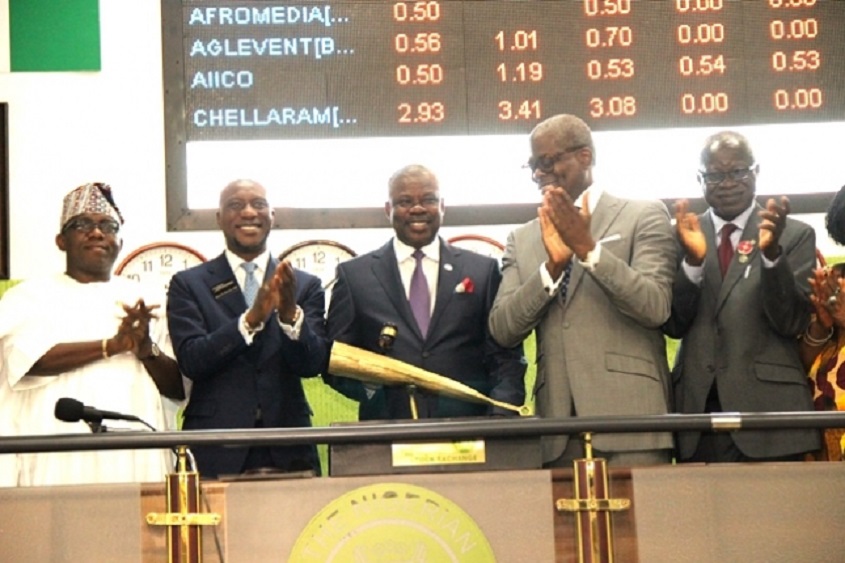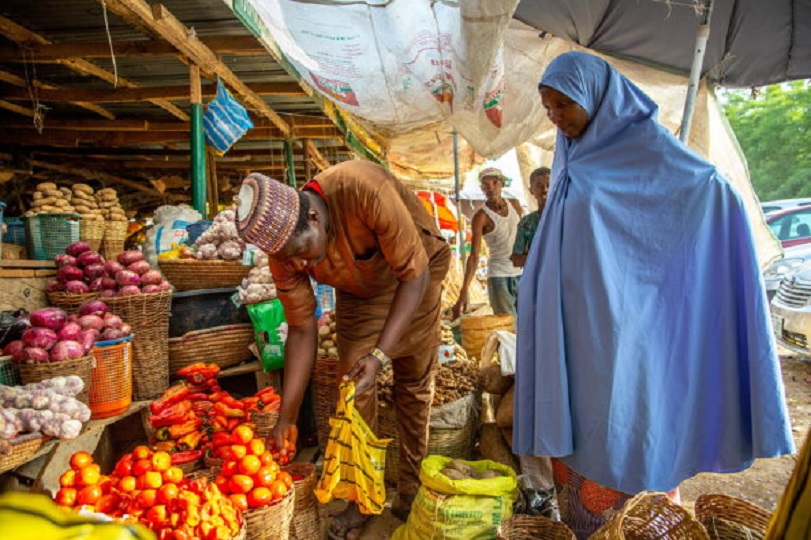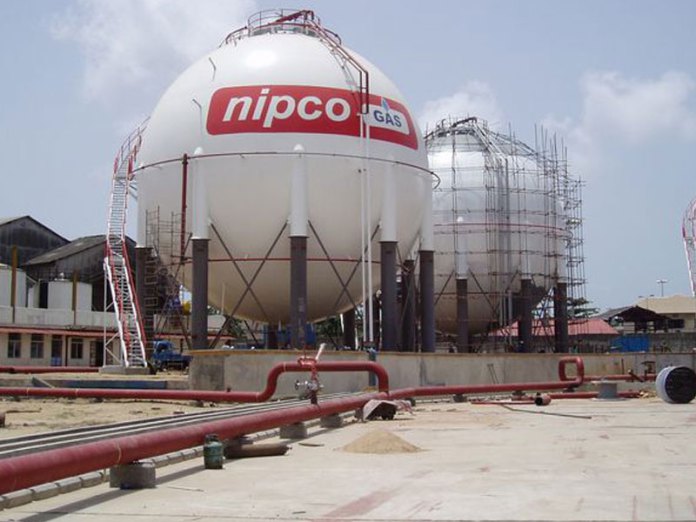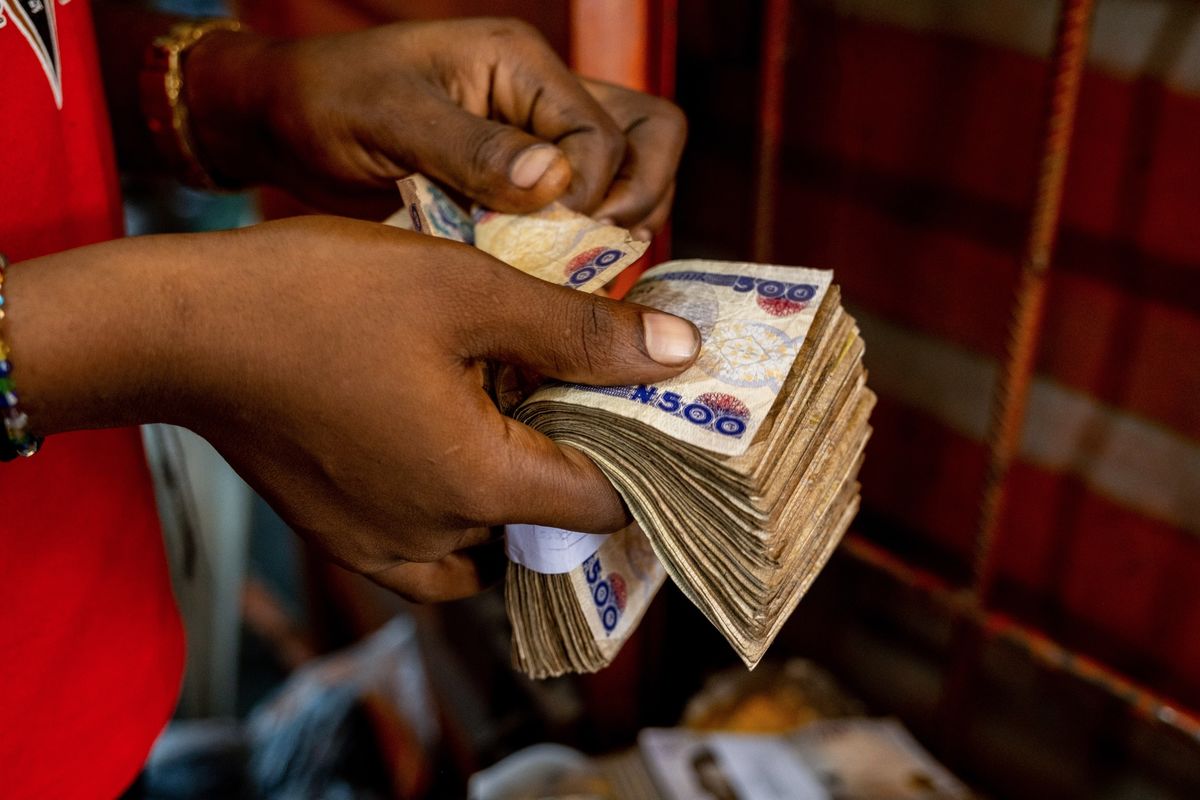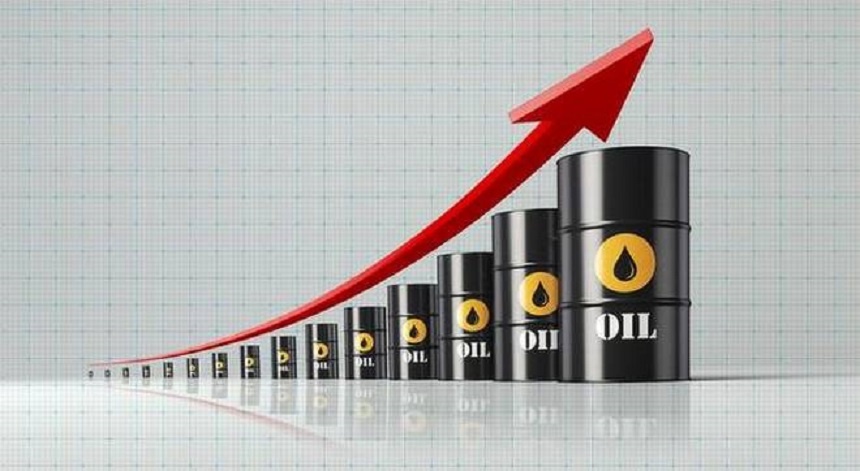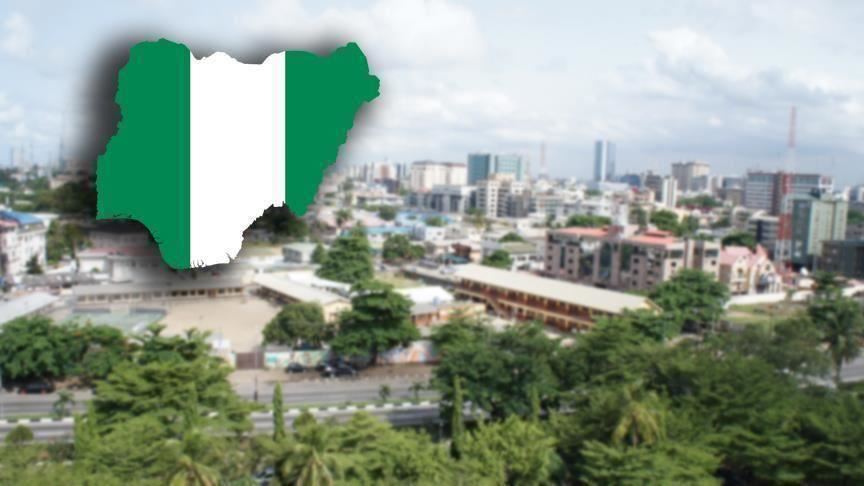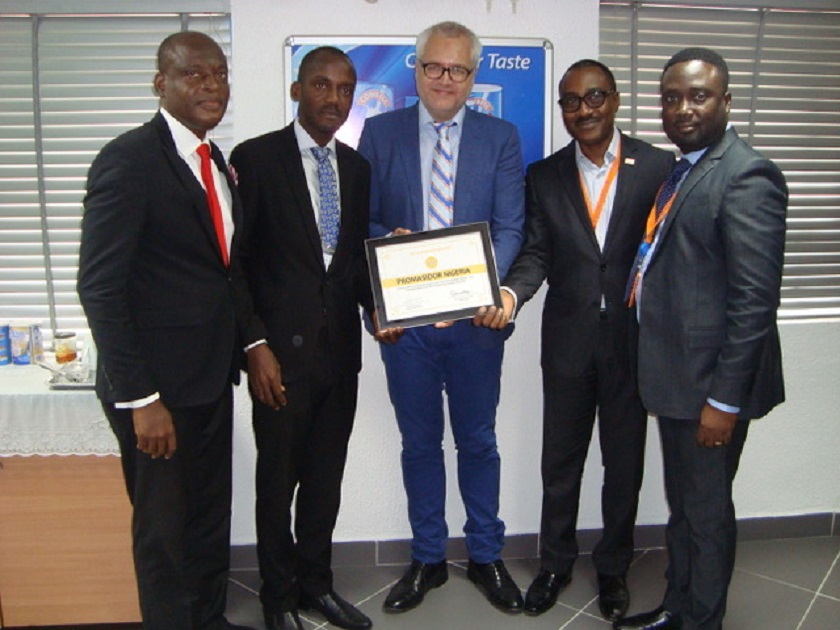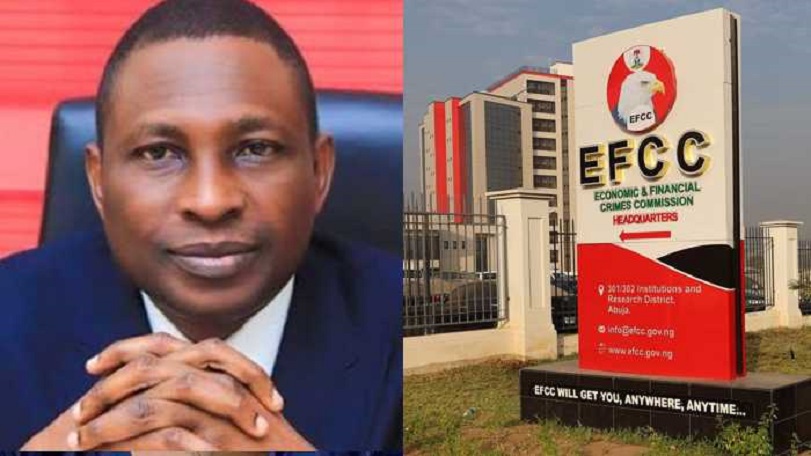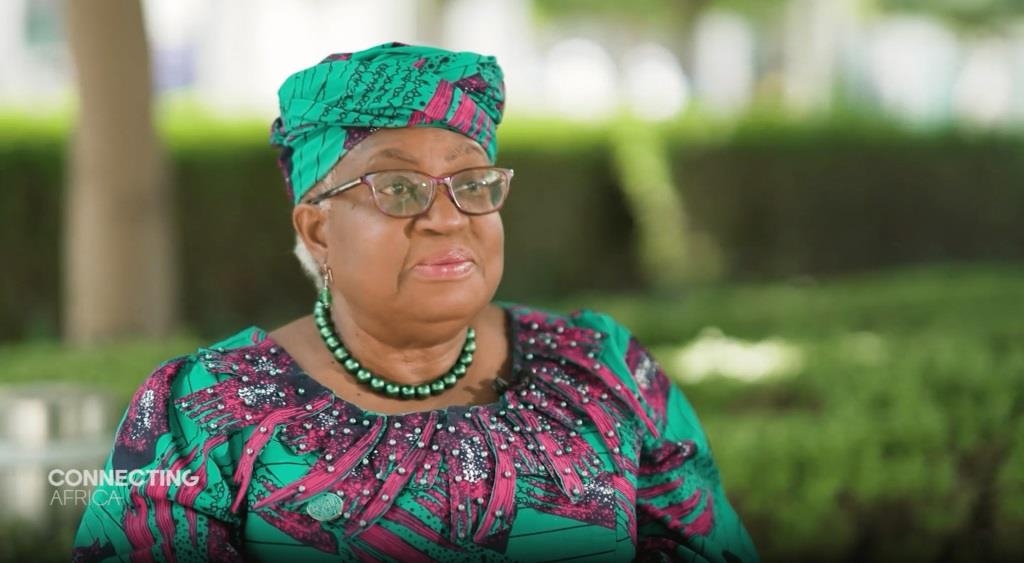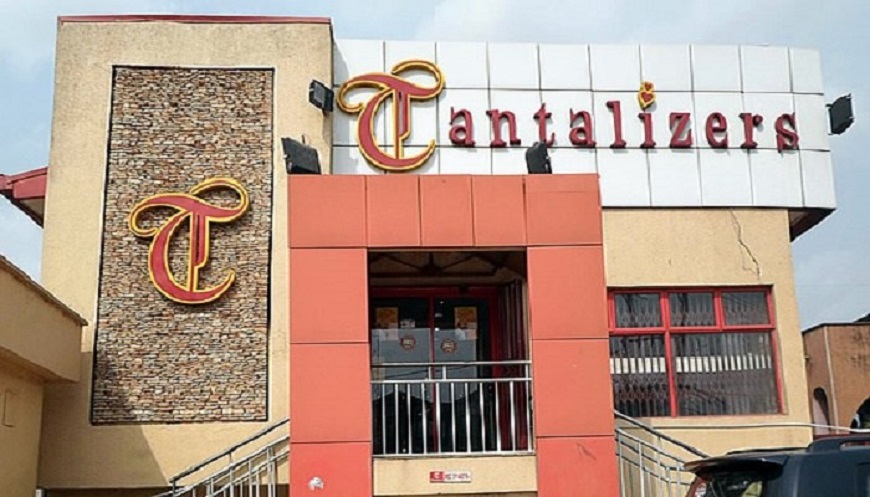By Dipo Olowookere
Nigeria has been ranked sixth on the Africa Financial Markets Index released recently think tank Official Monetary and Financial Institute Forum (OMFIF) and sponsored by Barclays Africa Group Limited (BAGL).
According to the report posted on the website of OMFIF, the index ranked the maturity, openness, and accessibility of 17 financial markets in Africa based on both qualitative and quantitative criteria.
Also, development of local investor capacity and ability to attract foreign capital were key points of focus of the indexing.
The 17 markets surveyed were Botswana, Egypt, Ethiopia, Ghana, Ivory Coast, Kenya, Mauritius, Morocco, Mozambique, Namibia, Nigeria, Rwanda, Seychelles, South Africa, Tanzania, Uganda, and Zambia.
The index mainly focused on six fundamental pillars for financial market performance: Market depth, Access to foreign exchange, Market transparency and regulation, Capacity of local investors, Macroeconomic opportunity and Enforceability of international financial agreements.
The index intends to track progress annually, supplying a toolkit for countries wishing to build financial infrastructure.
South Africa, given its size and historical position, topped the 2017 list, despite poor recent macroeconomic performance, based on the strength of its financial markets as well as its relative openness and transparency for transactions. Others are closing the gap.
Mauritius and Botswana have strengths in tax and regulation and access to foreign exchange.
Nigeria, Kenya, and Ghana provide signs of progress as Nigeria ranks sixth. Ivory Coast, with a low overall score, is home to a growing regional bourse, pointing to future improvement.
Ethiopia shows the highest GDP growth prospects of the 17 countries – even though it comes bottom of the list in terms of financial market prowess.
Commenting on the index, Chief Executive of BAGL, Maria Ramos, stated that, “The Index provides countries with valuable insights and tools to improve the state of their financial markets.”
“By broadening and deepening their understanding of the requirements of local and international investors, Africa’s leaders can develop robust markets – a prime condition for sustainable, inclusive growth,” Ramos added.
Also commenting, Managing Director of OMFIF, David Marsh, noted that, “Liquidity, regulation, foreign exchange restrictions, and policy choices are among the chief concerns for investors considering their African engagement.”
“Our survey highlights the areas where specific countries need to make genuine advances to forge strong positions in the competition for sustainable investment,” Marsh added.
In addition to statistical analysis, OMFIF gained additional insights by surveying 60 top executives from financial institutions operating across the 17 countries, including banks, investors, securities exchanges, regulators, audit and accounting firms, and international financial and development institutions.
President of the African Development Bank (AfDB), Mr Akinwumi Adesina, disclosed that, “Through expert analysis of the African financial markets, the Africa Financial Markets Index draws global attention to the considerable investment opportunities and uncovers the untapped market potential.”
The Official Monetary and Financial Institutions Forum is an independent think tank for central banking, economic policy, and public investment – a non-lobbying network for best practice in worldwide public-private sector exchanges.


